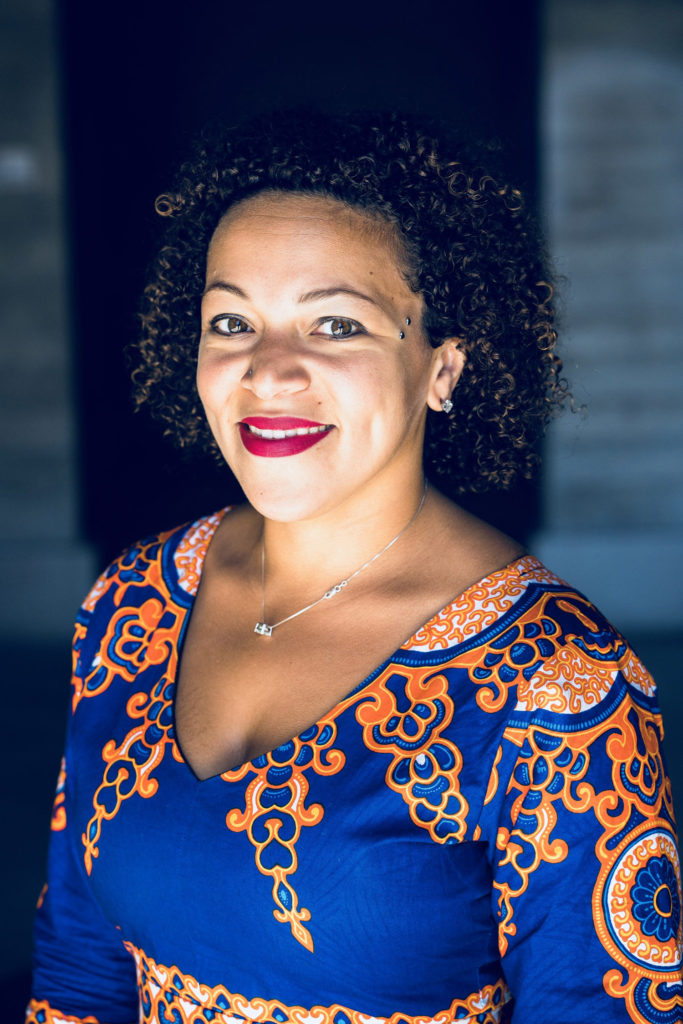Nicole Holliday, Pomona College – What Do We Assume Based on the Voices We Hear
 The sound of your voice can tell a lot about you.
The sound of your voice can tell a lot about you.
Nicole Holliday, assistant professor of linguistics at Pomona College, discusses why.
Nicole Holliday is an Assistant Professor of Linguistics at Pomona College in Claremont, California. She received her Ph.D. in linguistics from New York University, where her dissertation focused on how individuals with one black parent and one white parent use linguistic variation to construct and perform their racial identities. Her scholarly writing has appeared in journals such as American Speech and Language in Society and she is currently working on a study on the relationship between use of African American language and students’ experience of discipline in U.S. high schools.
What Do We Assume Based on the Voices We Hear
When we interact with a customer service person over the phone, we frequently form a strong mental picture of the person, and we do it really quickly. We guess their gender, their age, their race, and where they’re from, all based on hearing just a few words and the sound of their voice.
My research focuses on the interaction between what we hear in someone’s voice and the judgments we make about their identity, especially with respect to race. But it also focuses on how individuals and communities use these judgments to perform their identity and show other people who they are, both consciously and unconsciously.
Just like our bodies, both our language and the properties of our voices themselves tell a story about who we are and where we’ve been. While we may be initially be uncomfortable with the idea that we’re being judged on how we speak, we’re also always utilizing this knowledge of social judgments to show who we are.
In my own work, for example, I at look individuals with one black parent and one white parent, and how they may alter their voices in order to sociologically align themselves with or against their possible racial identities. In some cases, microlevel changes in where the pitch of the voice falls and rises can change a listener’s judgment about the race of the person they’re hearing. Speakers can utilize this type of sensitivity to the voice itself to show that they’re members of a specific community, whether that community be racial, geographic, gendered, or anything else.
Language is not just a tool for communicating ideas, it serves to also provide us with sociological information. The properties of the voice itself, just like the rest of our bodies, are also tools we can use to show the world who and what we are.


